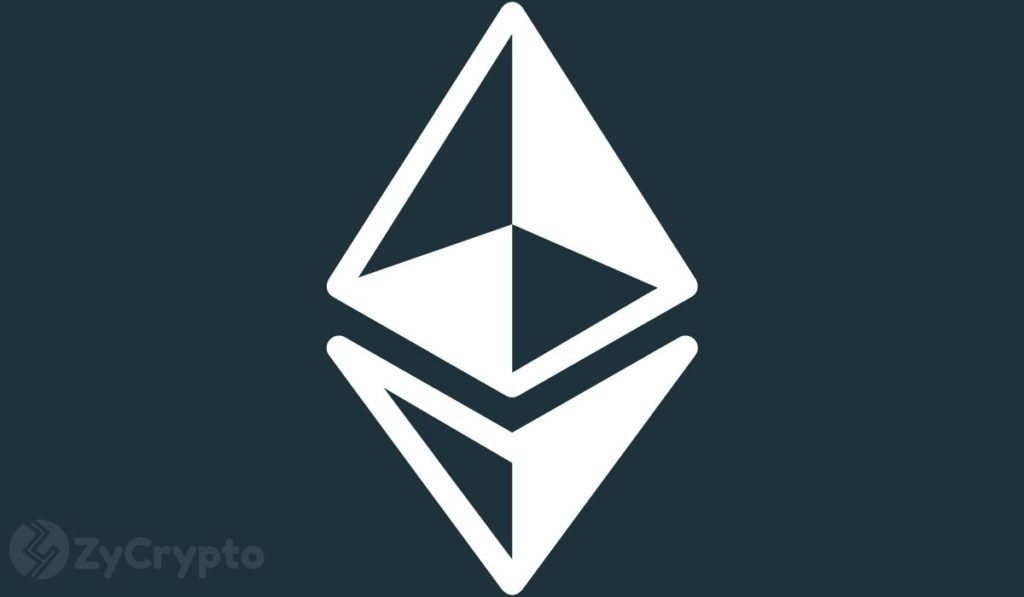
- zkSync announces the launch of zkEVM testnet years ahead of schedule.
- The EVM is going to allow ZK technology to compete fairly with optimism.
- With cheaper rates, zkEVM may be the answer to Ethereum’s scalability woes.
Ethereum protocol zkSync has announced the launch of the Ethereum Virtual Machine compatible Zero-Knowledge rollup (zkEVM). It is believed that testnet can positively shape the future of the Ethereum network.
A Pleasant Surprise
The launch of the zkEVM testnet came as a surprise, as the launch was billed for some time in the future. An Ethereum Virtual Machine (EVM) provides a framework in which all Ethereum wallets and contracts run, and it is in charge of determining the rules of the chain from block to block.
zkSync’s ZkEVM is the first of its kind because it is the only one that can support the entire Ethereum environment. The test network will give a clear picture of how effective the Zero-Knowledge technology is at improving the scalability of a network.
In a bid to improve its scalability, Ethereum has so far explored two different paths: the Optimistic and the Zero-Knowledge. Due to the cumbersome nature of supporting the full Ethereum environment, previous Zero-Knowledge implementations have offered only one application. DyDx remains the most popular implementation of the Zero-Knowledge technology, doing so to support a leveraged trading application.
So far, Optimism technology has been preferred over Zero-Knowledge due to its ability to support more applications on a single chain. This launch provides an opportunity for Zero-Knowledge technology to compete favorably with optimism. zkEVM has the potential to now support as many applications as Optimism and do so at a cheaper rate with nearly instant withdrawals compared to the 2 week withdrawal period that is obtainable on Optimism.
Fees on the Ethereum network are known to be drastically reduced with ZK rollups, even more than on Optimism. Data on L2fees.info shows that ZK rollups reduce fees on the network by over 200 times. While users on the Ethereum mainnet pay about $90 per trade on a DEX, users on a ZK rollup pay from $0.45 to $0.68. If the same holds true with the zkEVM, it might be the end of the network’s scalability woes.
Ethereum’s Scalability Woes
Ethereum remains the second most valuable digital asset by market cap. However, the network has been plagued by high gas fees, which prevent many newcomers to the market from participating in the ecosystem. It was a situation that led Three Arrows Capital CEO, Su Zhu, a known Ethereum supporter, to say he was abandoning the network.
Due to its smart contract capabilities, Ethereum is known as the “King of DeFi”, as most DeFi projects call the blockchain their home. In recent times, with the rise of networks like Solana and Avalanche that offer the same capabilities with better scalability, the space has become more competitive.
In 2021, due to the high gas fees, some DeFi projects migrated to rival blockchains like Solana and Avalanche. Several approaches have been suggested to solve Ethereum’s scalability woes and zkEVM might just be the answer.